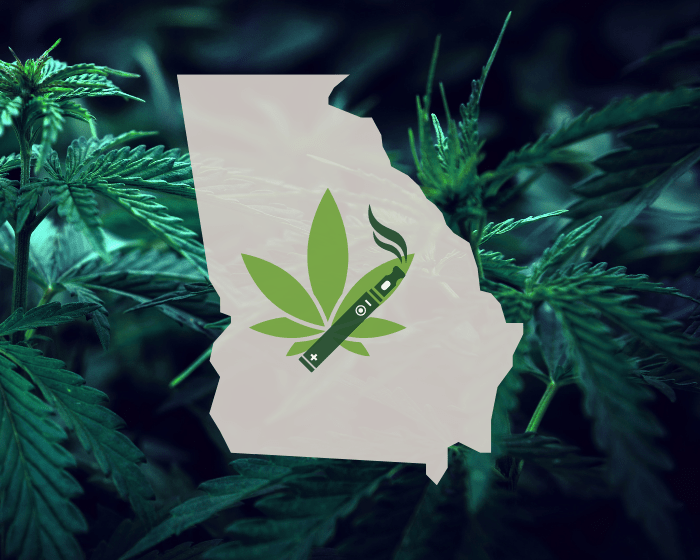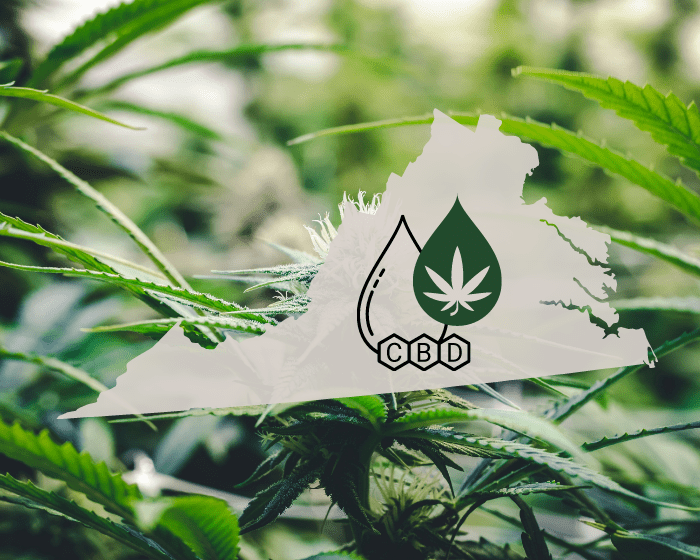But the future of delta-8 THC remains unknown.

Hemp retailers, farmers, and processors in Minnesota got some much-needed reassurance on CBD regulations this week.
The state’s Board of Pharmacy confirmed in a March 16 vote that trace levels of delta-9 THC in hemp products don’t violate the Controlled Substances Act, reports the Star Tribune.
"The hemp industry is saved because of the ruling of the Board of Pharmacy," Steven Brown, co-founder of Nothing But Hemp and founder of the Minnesota Cannabis Association, told the paper.
"The hemp industry is saved because of the ruling of the Board of Pharmacy.”
— Steven Brown, Nothing But Hemp co-founder & Minnesota Cannabis Association founder
For those in the hemp industry, the board’s decision balances a previous precedent-setting ruling by the Minnesota Court of Appeals that had put CBD sales in questionable legal territory.
In that case, a Minnesota man had been convicted of two counts of criminal possession of a controlled substance: one for THC in plant form, another for THC in liquid vape cartridges.
In an appeal, he pointed out that state law allows small amounts of THC in hemp products, arguing that the state’s evidence didn’t show that the substances in his possession contained delta-9 THC in concentrations above 0.3 percent.
Last September, the court ruled in his favor on the unprocessed plant material, agreeing that the state failed to show that THC concentrations exceeded new legal limits of 0.3 percent.
But when it came to liquid in vape containers, the court ruled that no amount of THC would be considered legal. Appellate Judge Matthew E. Johnson wrote, “We conclude as a matter of law that the 0.3 percent threshold does not apply to a liquid mixture containing tetrahydrocannabinols.”
The ruling put the hemp industry on alert, because CBD and other extracts of non-intoxicating cannabinoids do contain trace levels of THC.
But as the Board of Pharmacy confirmed March 16, hemp and its derivatives are legal according to state law. By definition, these substances must contain less than 0.3% delta-9 THC.
With that established, there is a second issue of whether CBD is legal as a supplement, or in food or drink. Currently, no CBD products have been approved for those purposes by the federal Food and Drug Administration and those on shelves can vary greatly in quality.
In December 2021, citing FDA guidelines, Board of Pharmacy staff had written, "the sale of products that contain cannabinoids or tetrahydrocannabinols (THC), extracted or indirectly derived from any type of cannabis plant, remains illegal under federal and Minnesota state law, with certain exceptions."
Now the Minnesota Board of Pharmacy now appears to be looking for ways to create a legal structure for CBD-infused food and drink in the state, with testing and standards to ensure quality and safety.
According to Brooks Johnson of the Star Tribune, members of the pharmacy board voiced support for the idea of establishing a state cannabis office and creating a path to allow CBD in food and drink.
The legality of delta-8 THC, which is extracted from hemp as CBD and converted to an isomer with psychotropic effects similar to delta-9, will likely be a policy decision left to state lawmakers.
Delta-8 is currently unregulated and sold in smoke shops and convenience stores. The director of the Minnesota Board of Pharmacy has said it meets the legal definition of a drug and shouldn’t be protected under hemp laws.
A bill introduced to Minnesota lawmakers in February would ban delta-8 THC products by limiting the concentration of any tetrahydrocannabinol to 0.3 percent. The Minnesota Cannabis Association and the hemp industry are urging regulations over a ban.







































